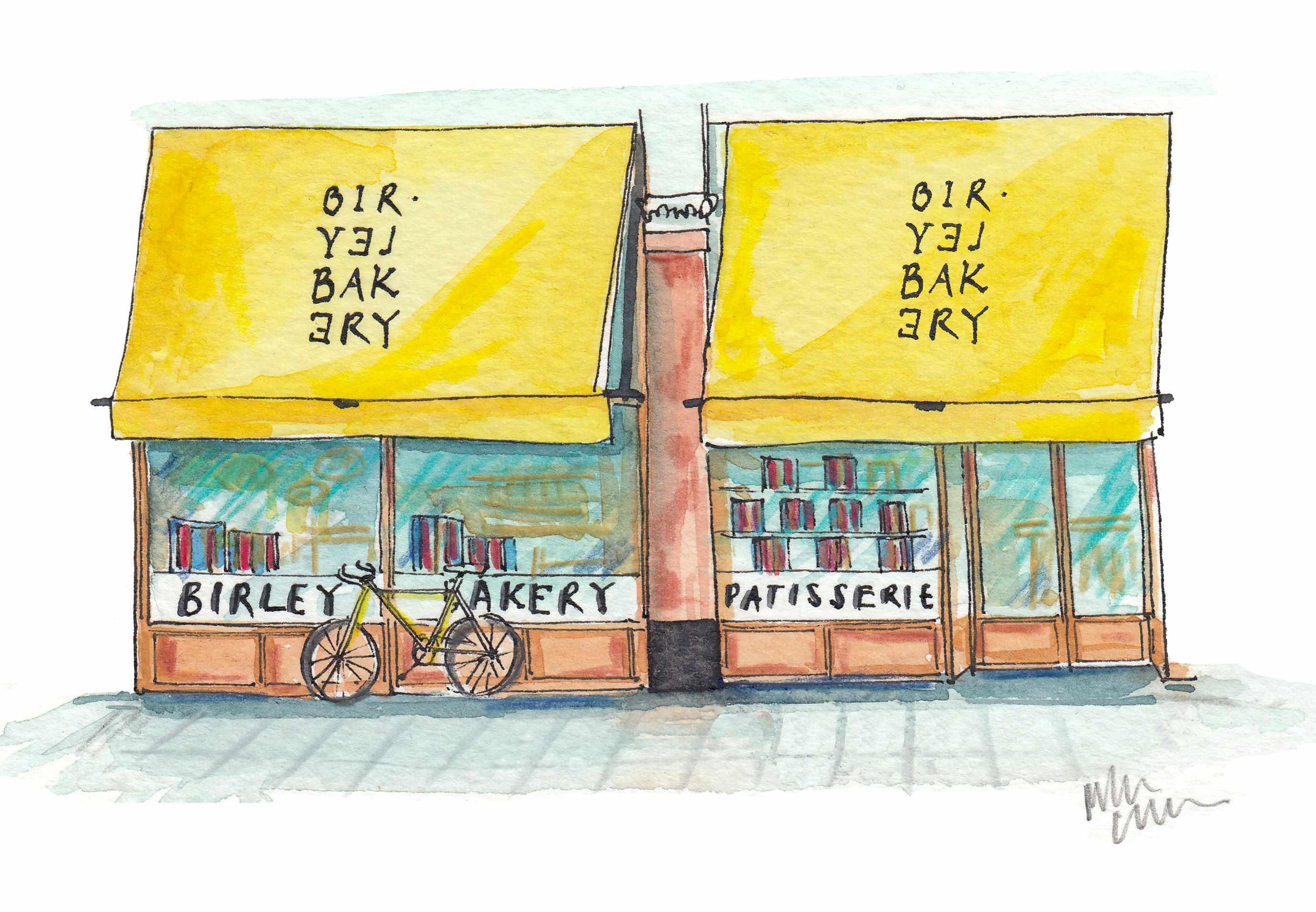Spectator: Forget those little shops of horrors
The village shop is a sight to behold, finds Lucy Baring.

As a child, I lived in Germany for a couple of years in a house I considered the most beautiful in the world. Faded photographs show the opposite to be true.
Although I only remember certain corners of it now, I do remember and shall never forget, the utter joy of my frequent walk to the corner shop where I bought gummi bears, which were spooned into a conical paper bag. I’ve no idea what else was sold there and don’t remember either of my parents visiting the shop, which I went to with our youthful nanny, Christine. Whenever I asked if I could make the short walk on my own, I was told ‘next year’. The following year, we moved to England.
Far from being scarred by this parental duplicity, it’s a technique I’ve often used on my own children. In England, we also had a village shop, lorded over by Mrs Green, who sat at the till—I never saw her move—and who was treated with respect and a certain amount of fear because she had a reputation for being extremely bad-tempered. She wrote out receipts in a carbon-papered book that simply said ‘goods’ in her curly handwriting as they were added to my mother’s account. The bacon, which was cured by the owners, was the best I’ve ever eaten. The shop didn’t sell gummi bears, but I loved it.
I am, therefore, a sucker for a village shop, but I couldn’t believe my eyes when I walked into the one a couple of miles from where we live now. Imagine, for a moment, strip lights above half-empty shelves on which are sitting tired tins, a few packets of biscuits, some cans of Coke and your least-favourite cereal. Imagine a mouldy noticeboard with faded adverts for second-hand highchairs above a tray of sliced white bread. And then, imagine the opposite.
As soon as you walk into Ludwell Stores, you see fresh vegetables, smell fresh bread and hear fresh coffee being made (in the mug you’ve brought with you, if you prefer). On the shelves laden with local cheese, milk and yoghurt as well as pâté and soup, you will also find pretty much any ingredient you need for exotic dishes. There are books by local authors, socks made from local alpacas, postcards by neighbourhood painters. It sells clamato juice. It sells the basics.
It has a post-office counter with no queues. It will sort out your laundry and dry cleaning, order your household oil and refill your washing-up liquid bottle. Nobody resembles Mrs Green. They smile, they chat.
It’s a remarkable place and I’m not giving it an unashamed plug because it doesn’t need one, having just won Britain’s Best Village Shop at the Countryside Alliance Awards.
Sign up for the Country Life Newsletter
Exquisite houses, the beauty of Nature, and how to get the most from your life, straight to your inbox.
At the end of last year, American Express ran a poll, which revealed that owning a shop topped the British list of ‘dream’ jobs (musician, scientist, actor and artist came next). They didn’t ask my sister or I, but, if they had, we’d have added our vote to the top choice, having often shared unrealistic fantasies about tills and change and paper bags.
‘I think you should take over your village shop,’ I say in our latest telephone call because I know it’s been limping along, despite efforts to support it. ‘It’s changed hands,’ she replies. ‘It’s fantastic now.’ And we both agree that this is a relief because, really, we don’t want a shop, we just want a till. And to give people change.
And then I go into Olive’s bedroom where the cat has sicked up something truly revolting on the duvet, a deposit of innards and fur and beaks that has clearly been there for some days. I remove what I can and make efforts to clean it, but if that doesn’t work, I think I know where to take it.
‘When can I cycle to the village shop?’ asks Alfie. ‘Next year,’ I reply, without blinking.
Spectator: Keeping fit the herd way
Lucy Baring is amazed at someone exercising alongside a herd of sheep.

Spectator: Dreaming of an apple orchard
Lucy Baring dreams of an orchard.

Spectator: Children playing grown-ups
Lucy Baring says a job is child's play.
-
 'That’s the real recipe for creating emotion': Birley Bakery's Vincent Zanardi's consuming passions
'That’s the real recipe for creating emotion': Birley Bakery's Vincent Zanardi's consuming passionsVincent Zanardi reveals the present from his grandfather that he'd never sell and his most memorable meal.
By Rosie Paterson
-
 The Business Class product that spawned a generation of knock-offs: What it’s like to fly in Qatar Airways’ Qsuite cabin
The Business Class product that spawned a generation of knock-offs: What it’s like to fly in Qatar Airways’ Qsuite cabinQatar Airways’ Qsuite cabin has been setting the standard for Business Class travel since it was introduced in 2017.
By Rosie Paterson